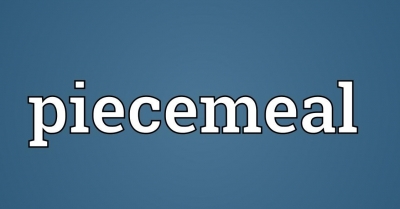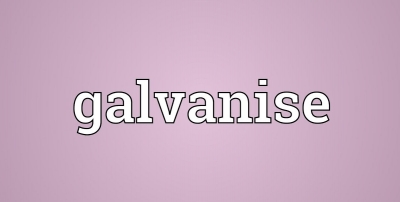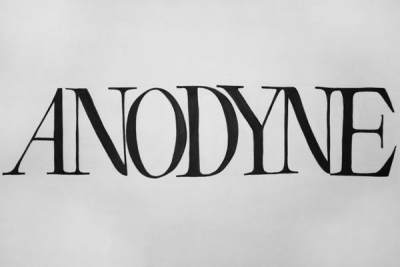What are the meaning, origin and usage of the word Piecemeal?

Piecemeal
Piecemeal means one piece at a time of in a fragmented manner. It usually refers to something done haphazardly and without keeping the big picture in mind.
Origin
It can be traced back to 13th Centuryword "pecemele". "Pece" means piece and the suffix "mele" is a Germanic word meaning "measure" and "at a time."
Examples
1. Piecemeal reforms will not help in reviving the economy.
2. Her friends grew impatient as Shreya narrated the story piecemeal.
Picture Credit : Google







